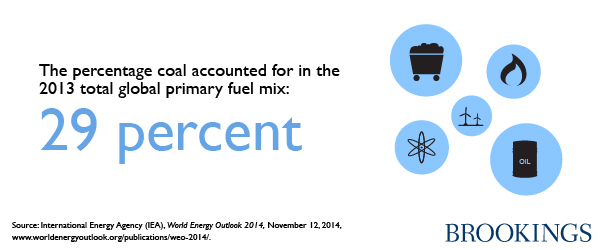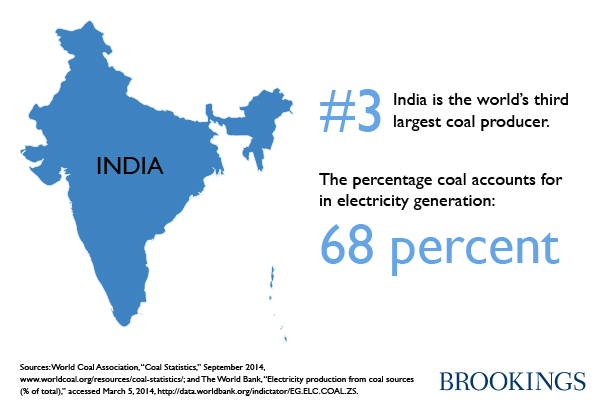World coal markets are in transition. While many countries are commencing efforts to phase out coal due to concerns about its contribution to climate change, many other developing nations see coal as one of the cheapest fuels, offering a much needed solution to rapidly growing electricity demand. Furthermore, coal isn’t just a cheap fuel: in parts of the world such as India, Indonesia, Pakistan, China, etc., coal offers employment opportunities where other alternative occupations are often not available. Coal also often subsidizes the cost of other freight, making it possible for cargoes of other commodities to get to market, which might not occur in the absence of a dynamic logistical railroad. Yet coal is not without its disadvantages. It is not only a major emitter of hazardous pollutants including fly ash and particulates, but is also a significant contributor to the principle greenhouse gas, carbon dioxide. Finally, mining conditions in some countries are insufficient, causing negative effects on the health and safety of employees as well as the local environment.

For an energy resource with the size and importance of coal, the topic has received far less attention from global think tanks than other fossil fuels. Whatever the reasons may be, coal does not receive the extensive geopolitical interest of oil and gas except when analysts discuss global climate change and the contribution of fossil fuels towards global warming in forums such as the upcoming United Nations Conference on Climate Change in Paris in December 2015. In the discussions that will occur in Paris, it is clearly important to understand how significant fossil fuels, including coal, continue to be in meeting future global energy needs, while at the same time moving towards a more renewable energy base global system. For these reasons, the Brookings Energy Security and Climate Initiative (ESCI) has decided to delve deep into the changing global coal market and embark on a new project entitled Coal in the 21st Century. ESCI and the Brookings Coal Task Force together will examine the implications of these markets and technological developments for policymaking. With the launch of ECSI’s first issue brief, “Coal Markets in Motion,” ESCI explores the current state of the global and U.S. domestic coal industries. This report is the first in a series that ESCI will publish over the course of this year.
Therefore, and almost irrespective of whether a meaningful agreement will be reached in Paris, it is important to acknowledge that coal consumption continues to rise in almost all markets outside the Organization for Economic Co-operation and Development. It is also worth noting that these markets, predominately in Asia, are the ones where practically all the growth in energy demand is expected to take place in the coming decades. This, combined with the most important externalities that have been linked to coal use, make it important to study global markets and trends in key countries (such as India, China, and Indonesia), as well as technological developments that can make coal cleaner during the transition to a less carbon-intensive future.

We are particularly grateful to the members of our Coal Task Force, whose input has been and will continue to be invaluable in this process. As ESCI continues to study this important topic in more detail over the coming months, we encourage you to follow the developments and add your thoughts on Twitter using #FutureofCoal.


Commentary
The role of coal in future global energy needs
March 19, 2015